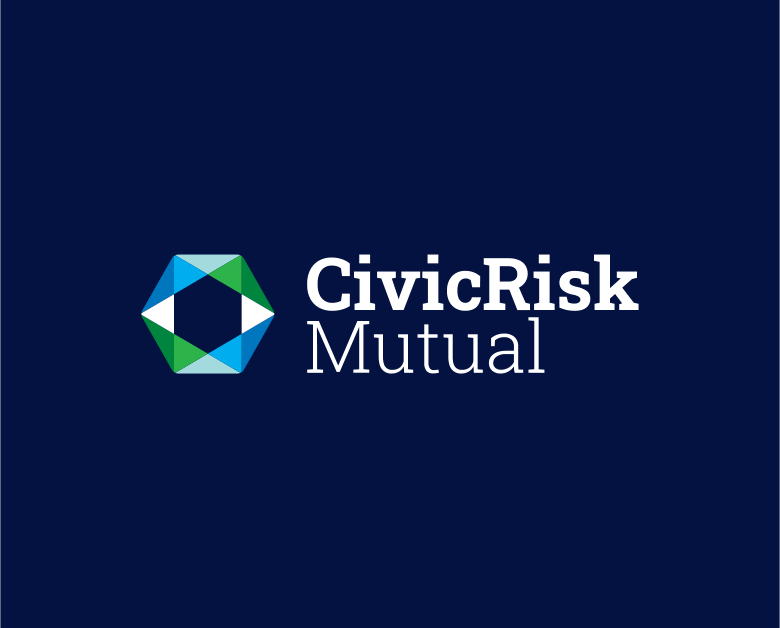Every council has a range of vehicular assets to acquire and maintain. A systematic approach to fleet administration keeps the assets in excellent condition and costs low. More importantly, a regular maintenance and servicing schedule can enhance council employees’ safety. We all need a secure environment and driving on the roads at work is no exception.
You’ll likely have a variety of drivers and vehicles to account for, from maintenance trucks to administrative cars. Implementing a fleet management strategy helps reduce claims and streamlines the process if you need to make one.
Here are some tips for operating council transport to reduce risks and costs, ensuring a more productive fleet operation.
Tips for Protecting Your Fleet
The most effective protection methods depend on the type of assets you own and how they’re being used. By ensuring your drivers and their cars are geared to go safely about their work, you can mitigate risk and the potential impact of an unfortunate event. Here is how to achieve that:
Perform Regular Maintenance
Consistent maintenance extends the life of your vehicles and ensures they are safe for use. It can also reduce the likelihood of accidents and subsequent claims. Schedule routine safety checks and servicing for fluid levels, tyre pressure and break functionality.
In general, your breaks may not need examining as often as fluid levels, although the frequency depends on usage. Your service provider should flag any problems during regular safety inspections. However, if staff have raised concerns about any issues it pays to address them as early as possible to keep operations running smoothly.
Park Securely
According to the Royal Automobile Association, more than 10,000 — or around 18 per cent — of their motor-related insurance claims occur while vehicles are stationary in a car park or on the street. Poorly lit, accessible areas may also make cars vulnerable to theft and vandalism.
Park in well-lit, secure areas to reduce the likelihood of incidents. Installing security technologies such as immobilisers, alarms and GPS tracking devices adds an extra layer of protection.
Train Drivers
Well-trained drivers are less likely to be involved in accidents, lowering claims and associated costs. While those driving on council business have likely undergone extensive training to obtain their licenses, systematic driver training programs encourage mindful, skilled handling and safe driving practices. To keep staff secure on the roads, opt for courses such as:
- Road safety programs for urban or rural areas.
- Defensive driving courses.
- Specialised training for larger vehicle operation.
Educating staff demonstrates your commitment to supporting vigilant driving at work and in their personal lives.
Check Vehicles Before Use
Pre-trip inspections are a proactive measure to ensure cars are roadworthy. These should address signs of wear and tear or flag issues that might lead to breakdowns and accidents.
If any issues are noted, get a mechanic or safety inspector to check them. Pre-trip inspections encourage timely repairs and maintenance. In turn, they mitigate risk and enhance drivers’ safety.
Use Technology
Technology supports accurate transport usage records, which provides valuable insights for maintenance schedules and optimising efficiency.
Installing dashcams and telematics systems will help document relevant information should you need to make a claim. Software can track usage and maintenance schedules, ensuring vehicles are serviced on time and running smoothly.
What Fleet Records Should I Keep?
Keeping well-organised records makes claims easy and keeps your fleet efficient. Here is the information it pays to have accessible:
- Vehicle maintenance logs: Detailed records of all maintenance and repair work should include dates, the type of service performed and any parts replaced. This keeps you on top of the fleet’s performance and signals when it’s time to upgrade the automobile.
- Insurance documentation: Store all insurance policies, renewal notices and driver records in an accessible location so they’re at hand if you need to make a claim.
- Past accidents: Recording past accidents and their outcomes can help you to analyse trends related to season, weather, or the time of day or year to identify areas for additional training or process improvement.
- Incident reports: Incident reports provide a clear account of events for processing insurance claims and adopting corrective measures to prevent future mishaps. Include photos, witness statements and police reports where applicable for accidents, vandalism and near misses.
When It’s Time to Make a Claim
Having a procedure in place and training staff will give you a replicable approach to managing incidents. Create a process document to keep inside vehicles and assist staff in case of an accident.
Immediate Actions Post-Incident
When things go wrong, the priority is to confirm those involved are safe. Check for injuries and, if necessary, notify the police to obtain a report. Taking immediate action ensures driver safety and accurate information is recorded at the scene.
Comprehensive details about the event will keep the insurance process running smoothly. Document the date, time and location of the incident. Take photos of the scene, vehicle damage and any camcorder information to support your claim.
Contact CivicRisk Mutual’s Insurer
Notify CivicRisk Mutual’s insurer as soon as possible after the incident. Provide all necessary details and documentation, including information you’ve gathered. Prompt notification helps the insurer expedite the process and get you back on the roads faster.
Repairs and Settlement
Once the claim is approved, proceed with repairs at an authorised service centre. Keep all records and receipts of reparations for reimbursement. It’s better to have too much information than not enough.
Reduce Risk and Stay Safe on the Roads
An effective fleet strategy reduces on-road risk and associated costs. By forming a comprehensive process, you can ensure your vehicles operate smoothly and safely.
For more information or assistance with risk reduction, fleet management and insurance claims, get in touch with the team at CivicRisk Mutual.


